Scientists from Samarkand State University have secured an international project in China.
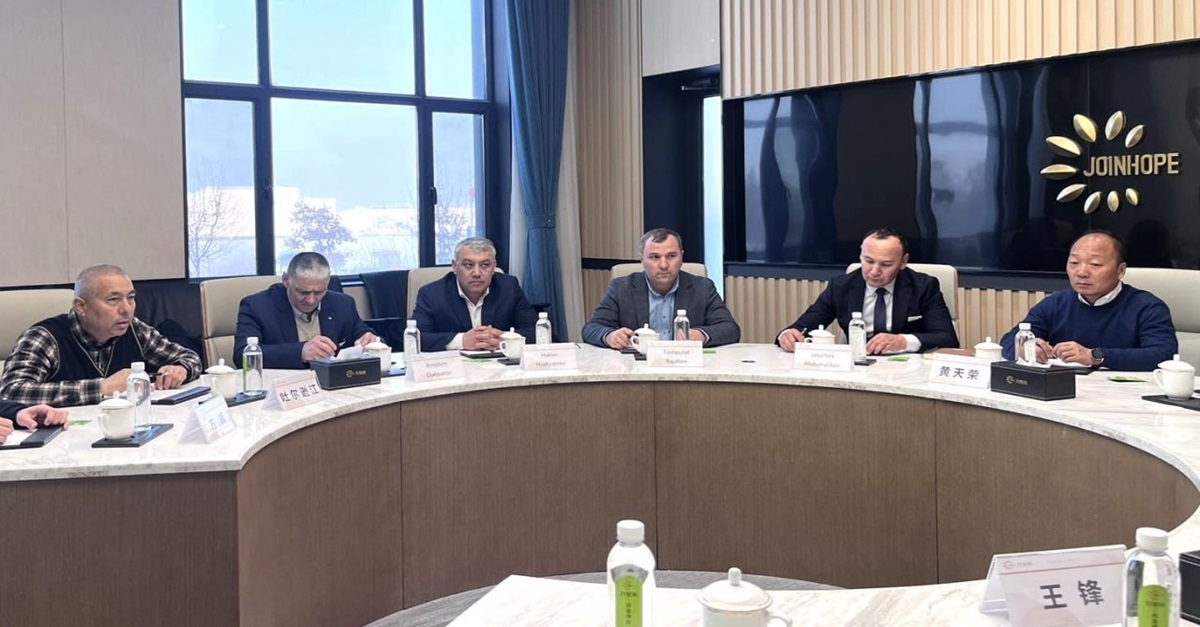
Scientists from Samarkand State University, in collaboration with the Xinjiang Academy of Agricultural Sciences in China, have secured an international project planned for three years. A delegation led by Professor Hakim Khushvaqtov, Head of the Department of Scientific Research and Innovative Development at SamSU, is currently in Urumqi to discuss the tasks within the framework of this project.
As a result of the collaborative work carried out by the professors and researchers of Samarkand State University with the Xinjiang Academy of Agricultural Sciences of the People's Republic of China throughout 2024, an applied scientific project titled "Development of agrotechnology for testing and cultivating high-yielding and stress-resistant cotton and wheat varieties of China under the soil and climatic conditions of Samarkand" has been secured.
Within the framework of this project, it is planned to test China's high-yielding and disease- and pest-resistant cotton and wheat varieties, as well as those resistant to soil salinization, on a 20-hectare area in the Samarkand region, based on both Chinese and Uzbek agrotechnologies. The goal is to identify the most effective cultivation methods and implement them in practice. As part of the project, 15 young scientists and researchers from Samarkand State University will have the opportunity to undergo advanced training in cotton and wheat breeding and seed production at the Xinjiang Academy of Agricultural Sciences. During the visit, Toshpolot Rajabov, Director of the Institute of Agrobiotechnology and Food Safety, Professor Ibrahim Jabborov, and Associate Professor Jasurbek Abdumalikov developed a scientific research plan for testing cotton and wheat varieties in Samarkand conditions in collaboration with Chinese scientists.
the visit, work was also carried out on the project to establish a "Cotton and Wheat Breeding and Seed Production Scientific Center" at Samarkand State University, and the foundation for the modern laboratory necessary for the center's activities was prepared. The scientific center will focus on genetics and experimental plant biology, the creation of cotton and wheat gene pools, molecular breeding, genomic technologies, and the use of traditional breeding methods. The goal is to select high-yielding, drought- and disease-resistant strains that are suitable for the region’s soil and climatic conditions. Research will be conducted on these varieties to implement the best results in production.
During the visit, the SamSU delegation visited the Institute of Food Crops, the Institute of Potato Variety Creation and Cultivation Technologies, the Institute of Economic Crops, the Institute of Horticulture and Forestry, the Institute of Agricultural Mechanization, and its scientific laboratories, all part of the Xinjiang Academy of Agricultural Sciences. They familiarized themselves with the achievements in science and technology, as well as ongoing research in smart agriculture. Additionally, they visited major agro-clusters and companies collaborating with the Xinjiang Academy of Agricultural Sciences to study the successful integration between education, science, and production.
The knowledge and skills gained during the visit will be applied at Samarkand State University to develop a science-based and practice-oriented education system and research activities, drawing from the experience of China.
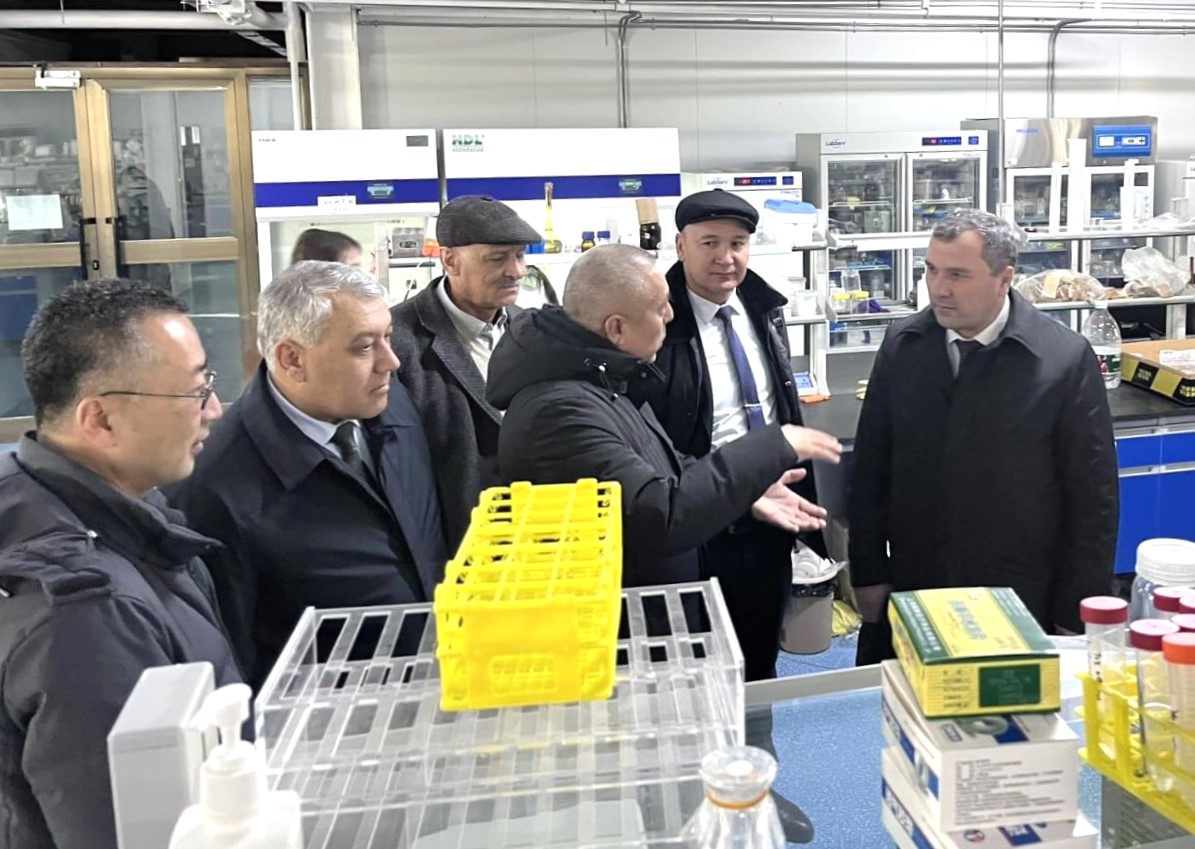
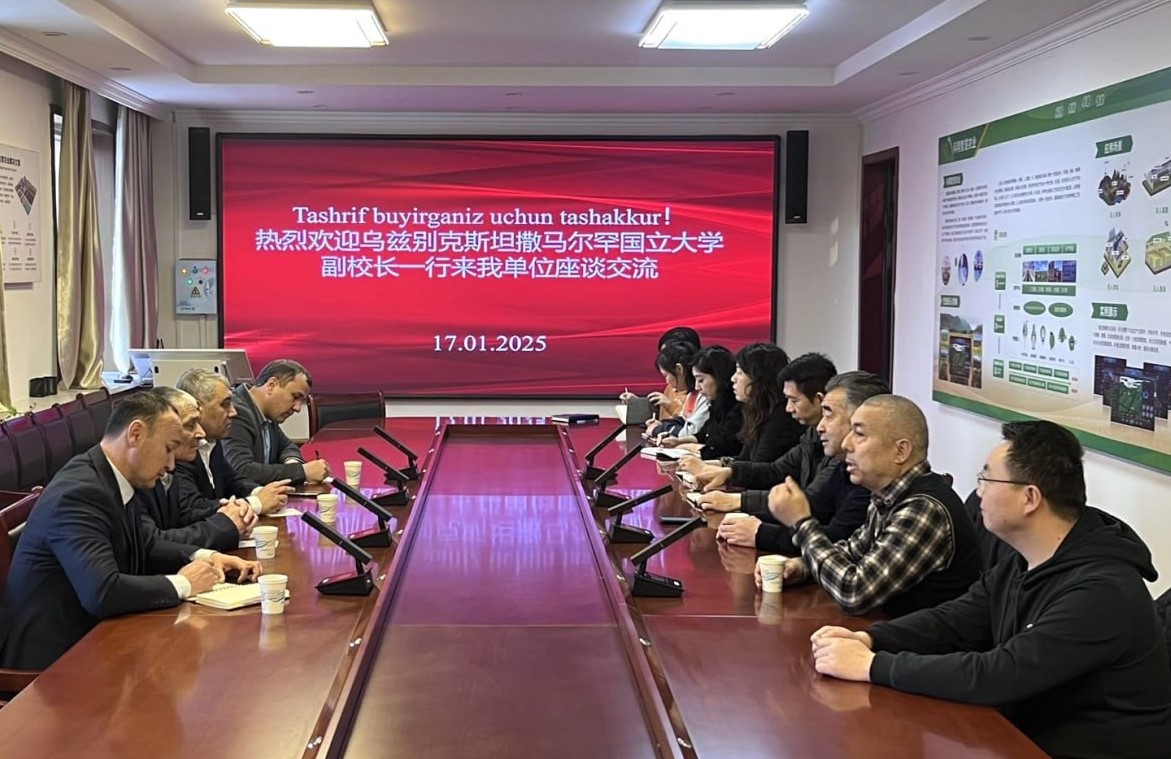
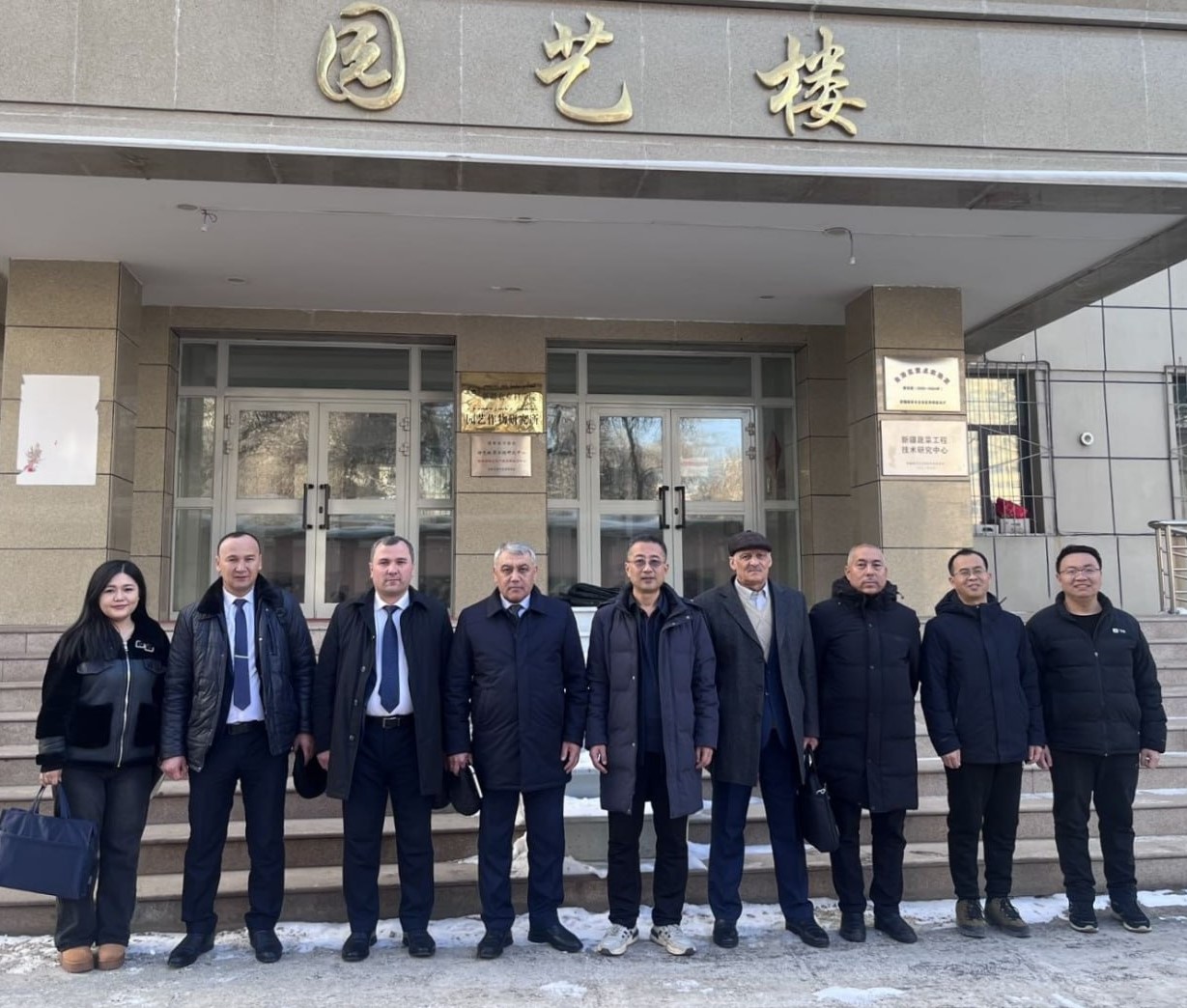
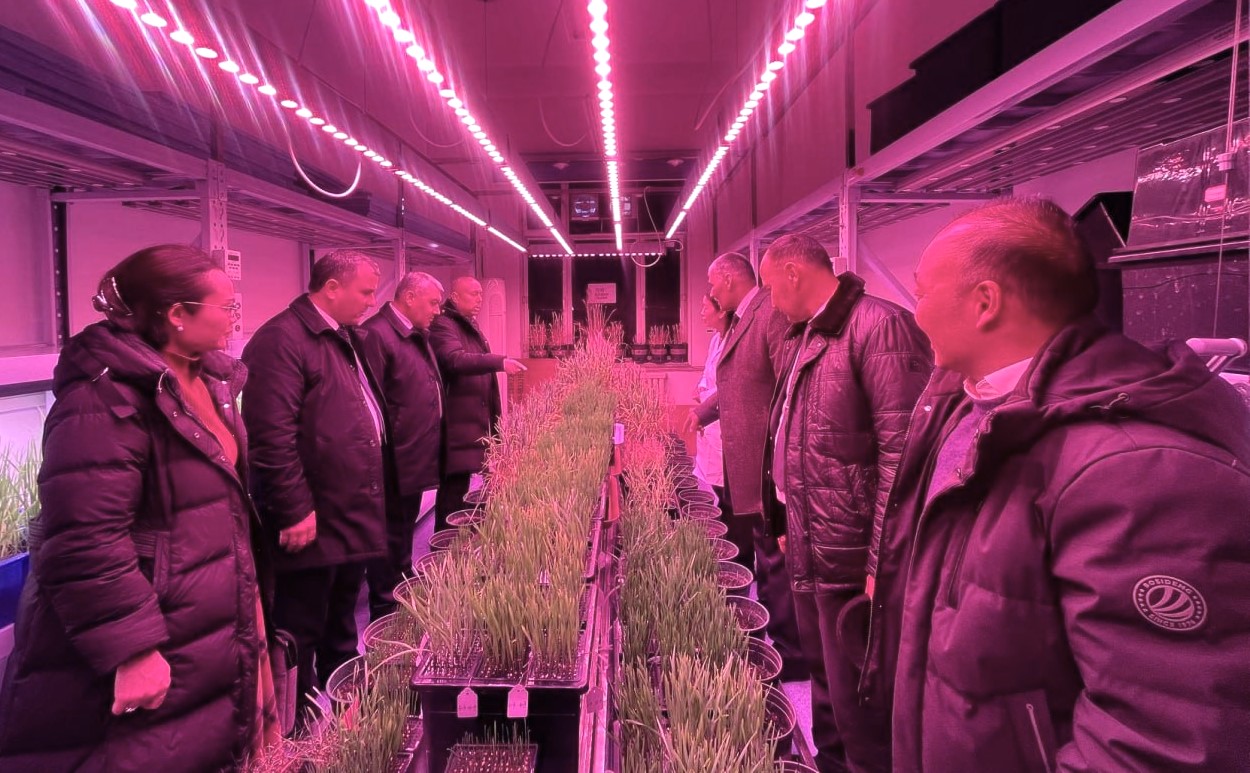
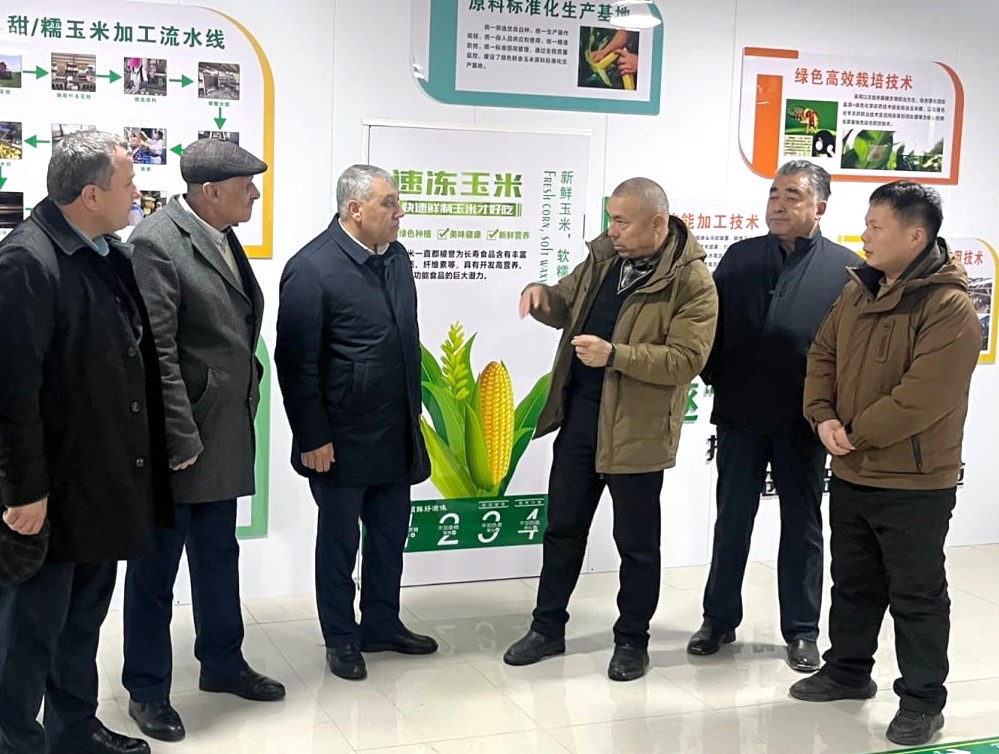
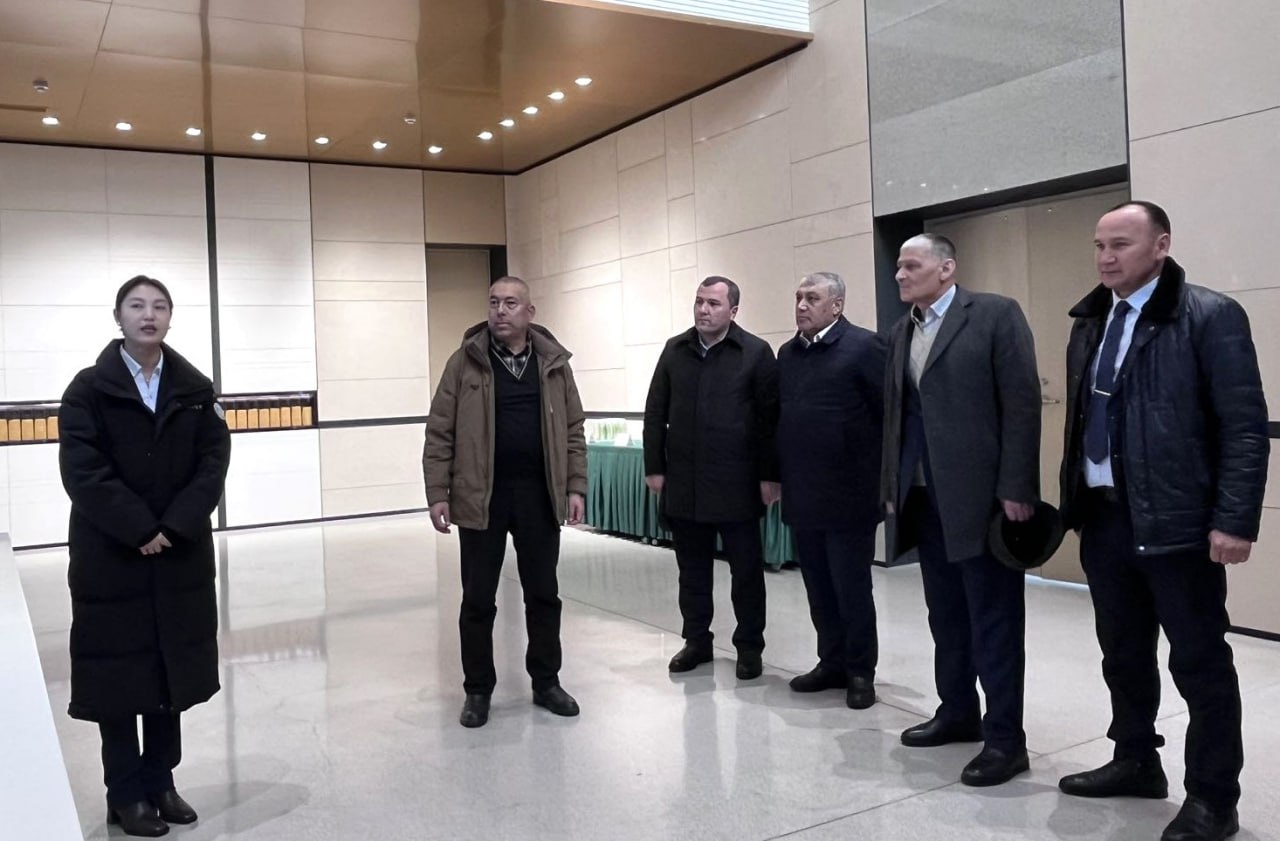
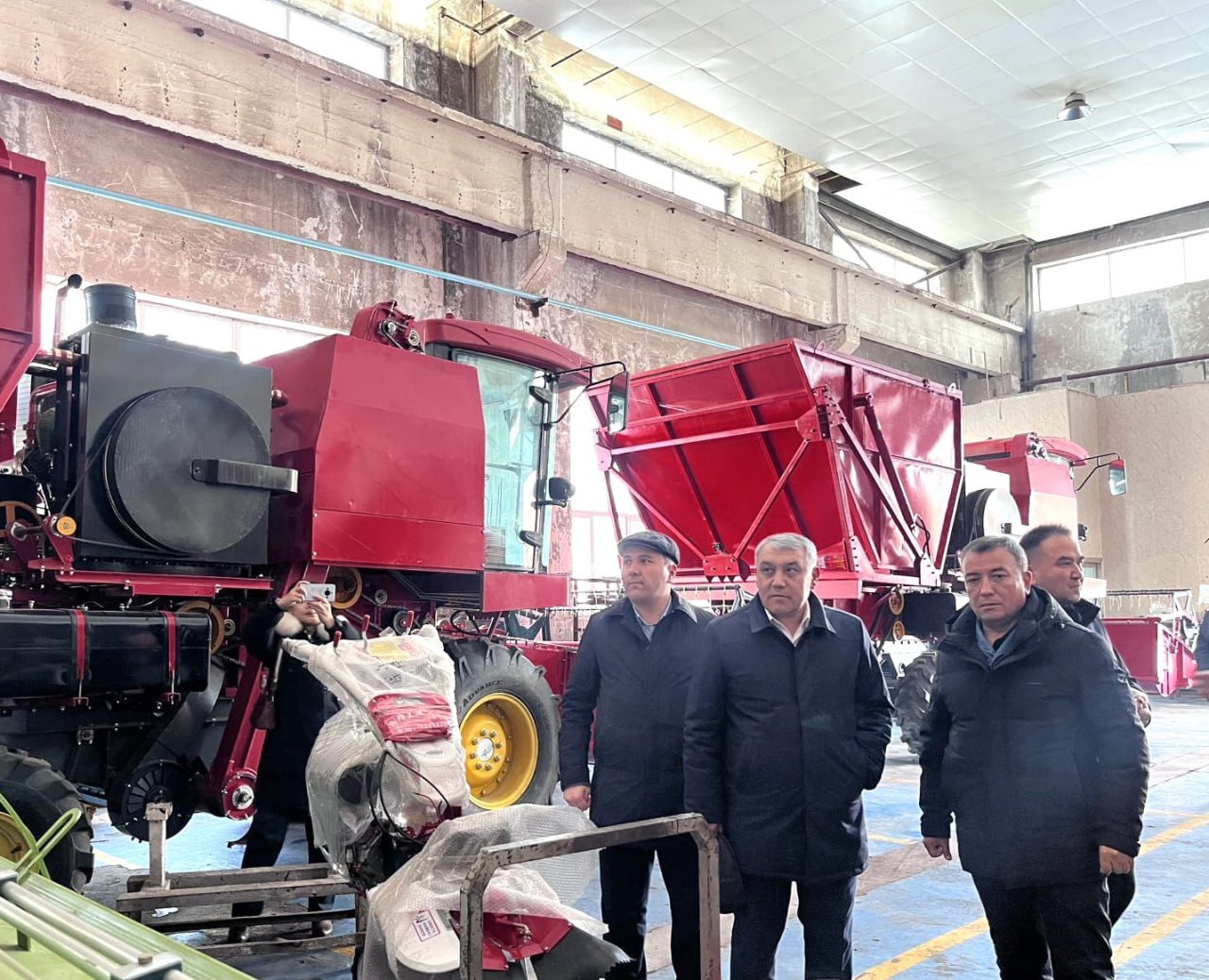
Samarkand State University
Information Service.

